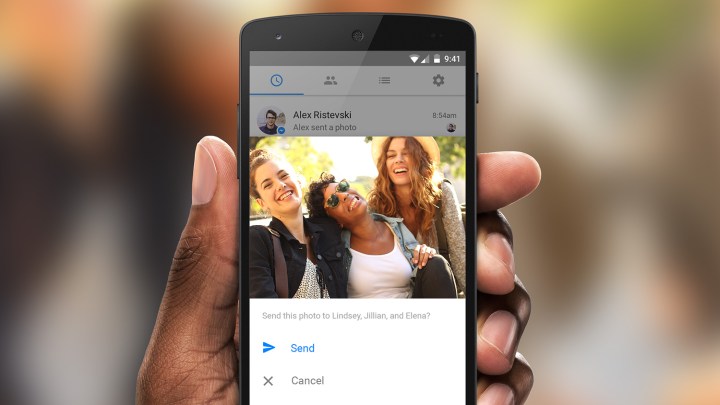
Now, before you ditch this article and head straight for the big blue social network, you should be aware of the fact that the study was co-authored by a Facebook researcher. Does that mean its findings are implicitly biased? Well, let’s take a look at what exactly the report says before we start grinding our axes.
According to the study — which was co-authored by Facebook research scientist Moira Burke and the good folks at Carnegie Mellon University — happiness doesn’t simply stem from passively browsing through your
“This can be a comment that’s just a sentence or two,” said Burke. “The important thing is that someone such as a close friend takes the time to personalize it. The content may be uplifting, and the mere act of communication reminds recipients of the meaningful relationships in their lives.”
The study, published by the Journal of Computer-Mediated Communication, surveyed 1,910 Facebook users from 91 countries on a monthly basis. The researchers de-identified the participants and tracked their activity by looking at their reading, posting, and commenting habits on the platform.
Apparently, 60 comments in a month from your Facebook friends is enough to increase your psychological well-being as much as the aforementioned real-life events. Coincidentally,
Does this mean that you can finally stop worrying about over-sharing online? Well, that depends on who you ask. In fact, the new findings contradict a number of previous academic studies, which claim quite the opposite: that Facebook and other social networks can lead to feelings of sadness and even depression in teens and adults.
For its part, Facebook is working hard to make its platform a misery-free zone. Last year, the company began filtering out any upsetting moments from its Year-in-Review feature (such as images of exes, deceased loved ones, etc.), in an effort to remind you of just the good times. Jeez, did Zuckerberg and company learn nothing from Pixar’s Inside Out.
Editors' Recommendations
- Bluesky barrels toward 1 million new sign-ups in a day
- Facebook’s new controls offer more customization of your Feed
- You can now downvote comments on TikTok videos
- Facebook is courting creators with a new Music Revenue Sharing
- Facebook’s new Feeds tab emphasizes chronological posts


